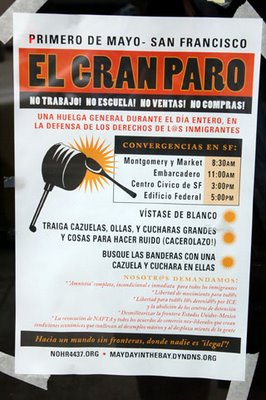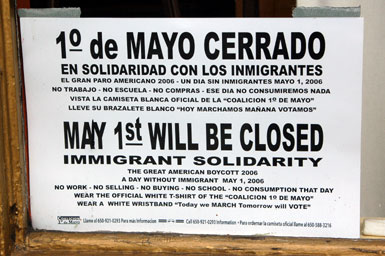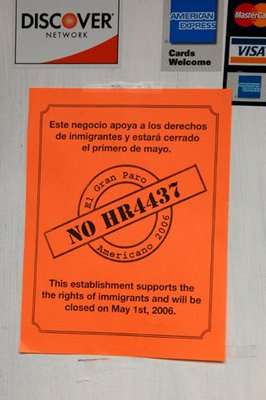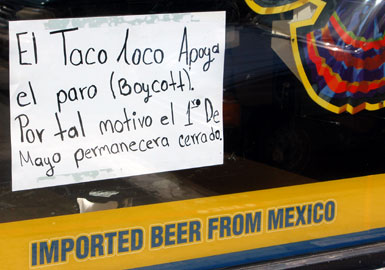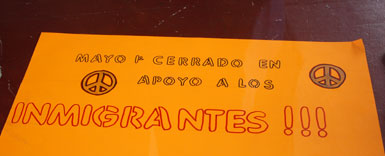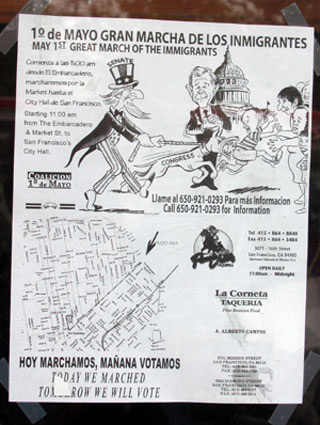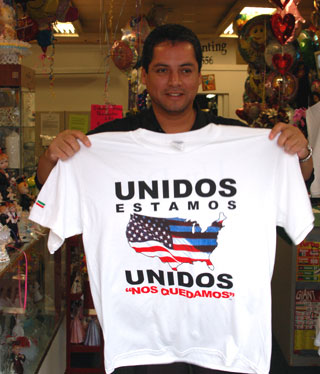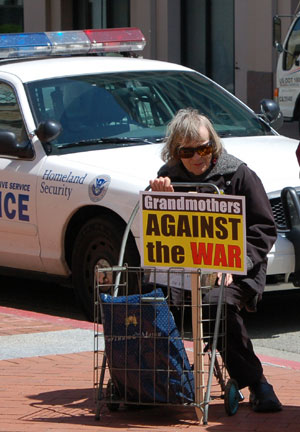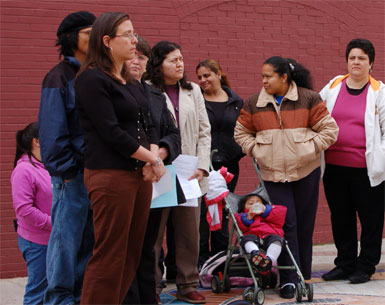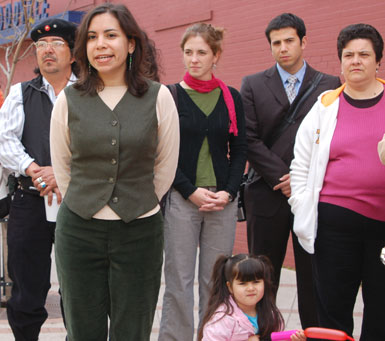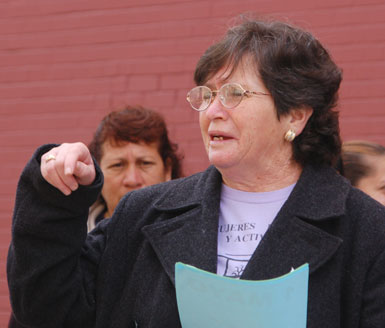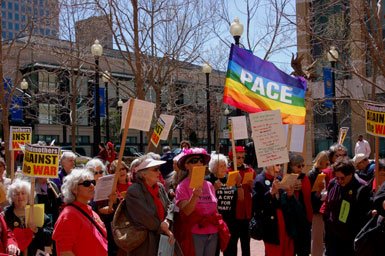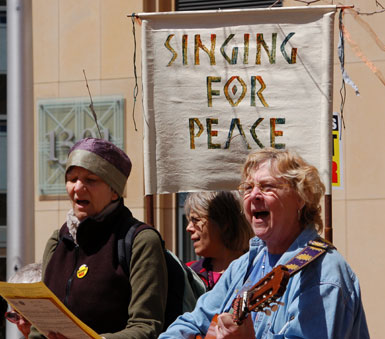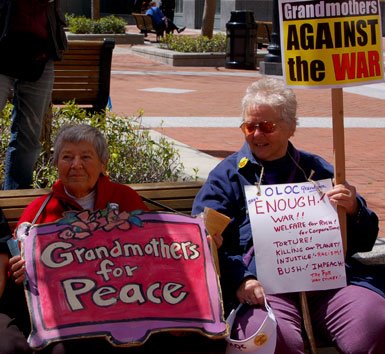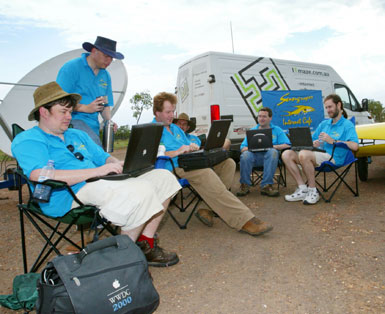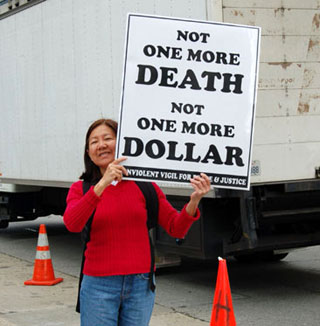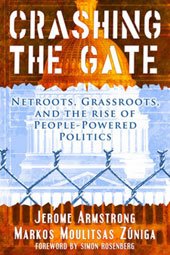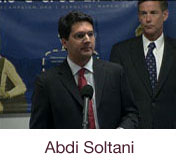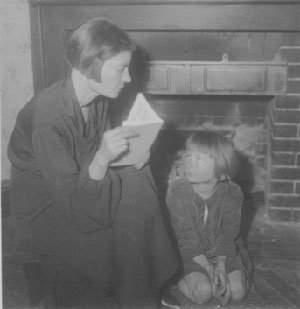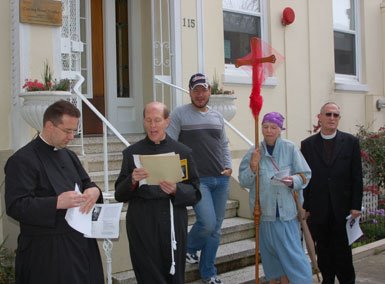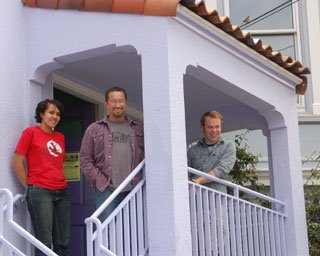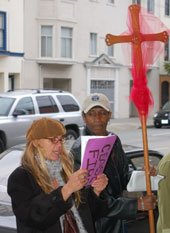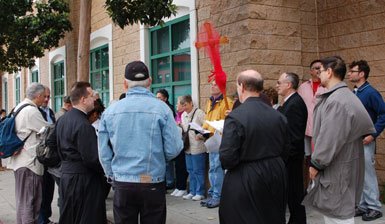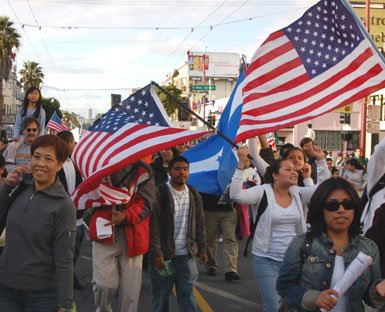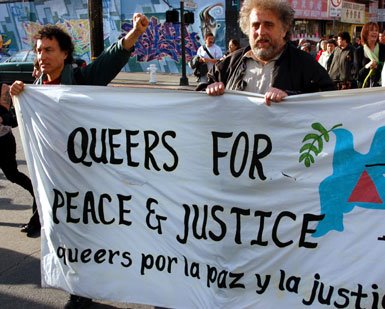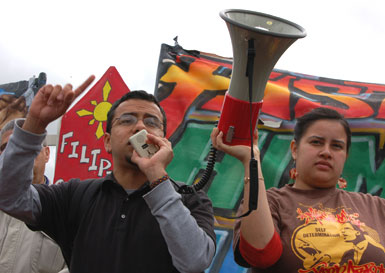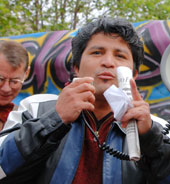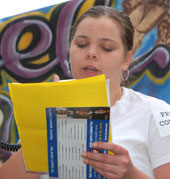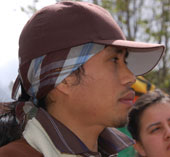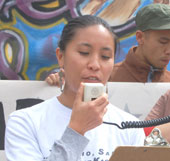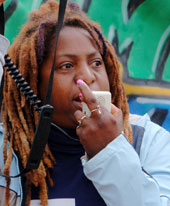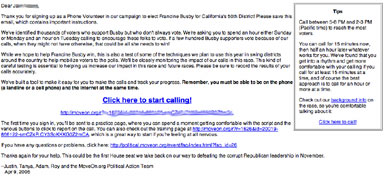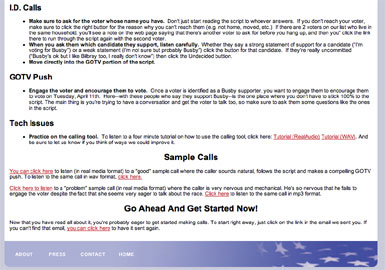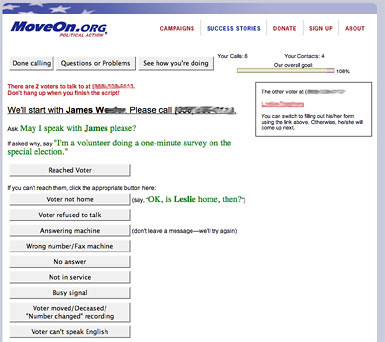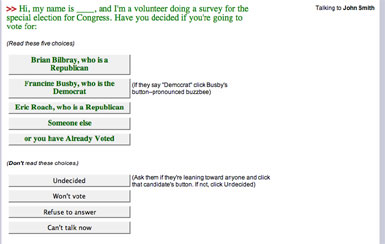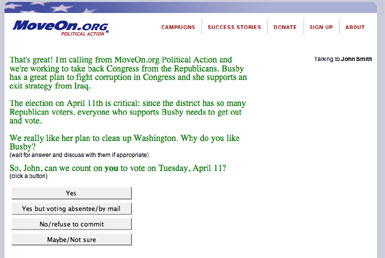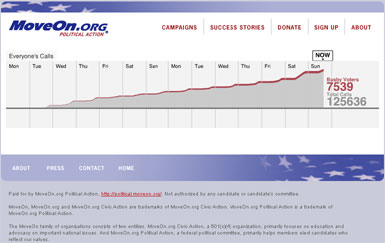
Youth Eastside Services runs a support groups for immigrant gay, lesbian and bisexual teens.
By now most people know that the "immigration reform" bill passed by the U.S. House of Representatives, HR 4437, would call for building a 700 mile wall along the boarder with Mexico and would criminalize all undocumented persons found in this country.
In addition to these provisions, the bill is full of more obscure tweaks to immigration, refugee and asylum procedures, all of which will make it harder for newcomers to stay in compliance with the law, as well as often separating families and creating arbitrary inequities. Not surprisingly given the right-wing Republican origins of the bill, many of these regulations not only give force to a racist fear of the browning of the U.S., but also will work to hurt the opportunities available to gay and lesbian would-be immigrants.
In consequence, the National Gay and Lesbian Task Force denounces the Sensenbrenner bill as
Gay fears about HR 4437 fall into several major categories (information from an FAQ by Immigration Equality):"mean-spirited election-year pandering to the ‘send them home’ crowd and scapegoating of yet another group in our country perceived to be unpopular and powerless."
- Asylum and refugee status. Under present law, in some circumstances, LGBT persons are eligible for asylum in the U.S. if they would experience persecution in their country of origin. The new law creates a lot more hurdles for asylum seekers and thereby increases the practical likelihood that LGBT people will have their claims denied by low level immigration officers, often without any chance of appeal.
- Non-recognition of gay partnerships. Because LGBT partnerships are not recognized by U.S. law, citizen partners cannot sponsor their non-citizen spouses for legal residency. In fact, under HR 4437, citizen partners might technically fall under the new class of persons "harboring aliens," becoming criminals for assisting their undocumented partners who would also be declared felons.
- Arbitrary, moralistic exclusions. HR 4437 states that immigrants must be of "good moral character" as determined by an immigration judge. The group Immigration Equality notes "throughout the history of U.S. immigration policy, gay and lesbian immigrants have been controlled within and excluded from U.S. immigration policy through moral character determinations. Gay and lesbian immigrants have been labeled sexual deviants, persons of psychopathic inferiority, possessing a mental defect, and charged with many other moral derisions because they were considered undesirable."
Gay legal immigrants and gay people of color especially recognize that HR 4437 is bad news. Gay Asian and Pacific Islander Men of New York spearheaded a protest letter that pointed out that already "many Muslim, South Asian, and Southeast Asian Americans have been improperly racially profiled and have not been afforded constitutional due process protections."
Marta Donayre, a U.S. citizen of Panamanian origin, who is also a lesbian, has shared on her blog how the "immigration issue" can leave her feeling she has nowhere to stand, but also has reminded her who is there with her.
Go read the whole post. Thanks to Out for Democracy for pointing to Marta's argument.As an LGBTQ immigrant, I always face having to explain to others the fact that I am a human being. To the immigrant community I am the unwanted dyke. To the LGBTQ community, I am the unwanted foreigner… that is, unless I have an American partner. Only then do I kinda count. ...
Which brings me back to the issue of "the law." A few years ago, Leslie and I broke the law in the State of Virginia. We stayed at a Virginia hotel while on a business trip to Washington D.C. At the time, it was against the law to engage in sexual relations with a person of the same sex in that state. We broke "the law" by becoming intimate with each other in the privacy of our hotel room.
In the eyes of many conservatives, Leslie and I still break "the law" simply because we exist. This "law" of course is their moral or so-called "natural law." Our struggle for basic equality, then is tagged as being a "special right" because we are not deserving due to our actions.
I am ashamed to admit that it took me a little while to understand that the same logic applies to undocumented immigrants. I too used to think of them as non-deserving "law breakers." ...
Just like someone arbitrarily made a law banning sex with partners of the same sex, someone made a law banning people from seeking the American Dream through the creation of a border. ... Oppression of LGBTQ people is caused by people who think they are not deserving. Oppression of poor people is caused by people who think they are not deserving. Laws are passed to ensure that LGBTQ people stay in their place (the closet). Laws are passed to ensure that poor people stay in their place (the other side of the border and starve to death).
